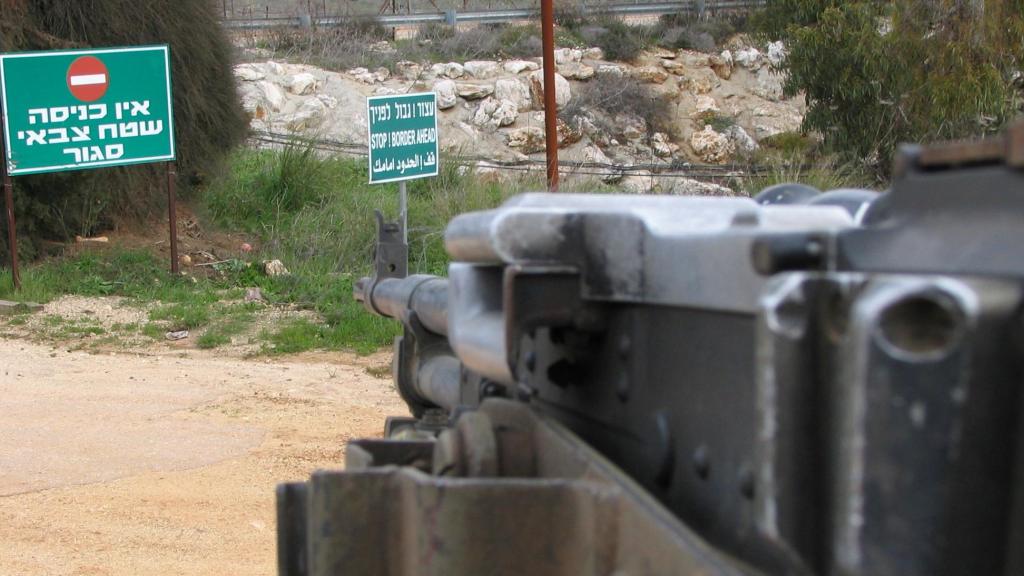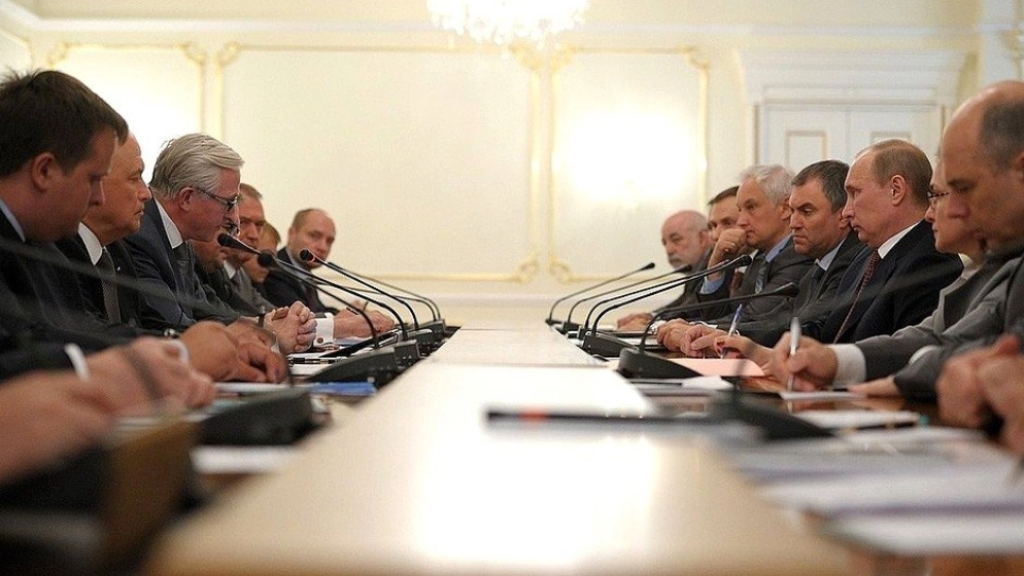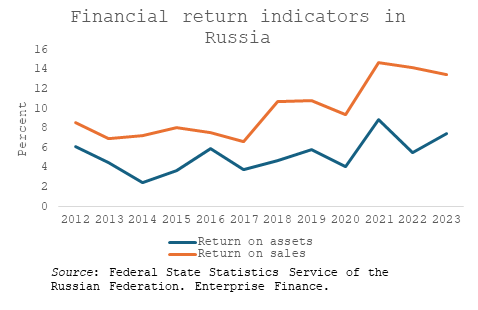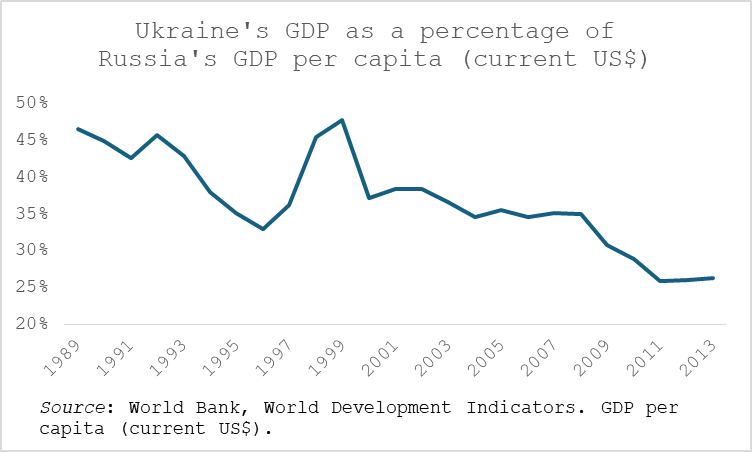Gilbert Achcar
‘Israel has openly threaten to transform parts of Lebanon into another Gaza’

First published in French at l’Anticapitaliste. Translation from International Viewpoint.
Since September 23, the Israeli army’s bombings in Lebanon have led to the death of more than a thousand people, the departure to Syria of 100,000 people and the displacement of a million people, out of the approximately 5 million inhabitants of Lebanon. Interview with Gilbert Achcar, Lebanese activist and professor at the University of London conducted on September 30.
There is every reason to fear that the mid-September attacks in Lebanon have launched a new sequence of the war that began in October 2023 in Gaza...
Since Israel has basically completed the most intensive stage of its destruction in Gaza, it is now turning against Lebanon, against Hezbollah to secure its northern border. It is doing this by leaving Hezbollah with no choice but to capitulate and withdraw away from the border or face an all-out war. The Israelis have begun a gradual escalation of violence that has now culminated in the decapitation of Hezbollah, including the assassination of its leader Hassan Nasrallah, and are refusing any offer of a ceasefire. With an outright capitulation of the organization unlikely, one must prepare for continued escalation, including the intervention of ground troops in ad hoc operations, all aimed at inflicting the greatest possible damage on the organization and dismantling its infrastructure.
How is what is happening today different from previous conflicts: 2006, 1982?
In 1982, Israel invaded half of Lebanon , up to the capital Beirut, which was besieged by Israeli troops in September. Very quickly, the resistance, initially launched by the communists, forced back the Israeli army, which confined itself to a portion of southern Lebanon for several years (18 years of occupation) until it had to abandon it in 2000. Israel suffered a political defeat in this regard. As much as the war had scored a point for the State of Israel vis-à-vis the PLO (Palestine Liberation Organization) which had had to evacuate Beirut in 1982, Israel showed itself vulnerable to the resistance that developed in Lebanon.
In 2006, Israel had taken into account the lessons of 1982 and therefore did not envisage a permanent occupation. There was an incursion of troops which encountered fierce resistance, more costly than expected. That war also ended in a fiasco for Israel, in the sense that Hezbollah, far from being destroyed, emerged stronger in the end because it rebuilt its arsenal and greatly expanded it. The lesson that the Israeli army learned from 2006 was not to take risks when they intervene in populated areas like Gaza or Lebanon, especially urban areas, but to destroy everything before entering, which resulted in the terrible destruction of Gaza and the genocidal nature of the war waged against the enclave. In Lebanon, they have not yet reached that stage, but they openly threaten to transform parts of Lebanon into another Gaza.
After the death of Hassan Nasrallah, what does Hezbollah represent in Lebanon today?
The organization has been greatly weakened not only by the assassination of Nasrallah, but also by the dismantling of its internal communications network and the assassination of several of its military leaders. The organization has been truly decapitated. It will reconstitute itself and attempt to reconstitute its arsenal, although Israel is making this increasingly difficult by bombing the transport routes in Syria through which weapons can reach Hezbollah from Iran.
On the political level, there is also a considerable weakening of the organization. Hezbollah certainly retains its social base, a large part of which depends financially on the organization. But there is a strong disaffection among the Lebanese population that began with Hezbollah’s intervention in Syria with the Assad regime. This intervention has greatly changed the image of Hezbollah in Lebanon and in the region: from fighting against Israel, the organization had moved to fighting in defense of a bloodthirsty regime. Hezbollah has appeared more than ever as being above all an auxiliary of Iran.
Today, a large part of the Lebanese population reproaches Hezbollah for involving Lebanon in the war with Israel in the name of solidarity with Gaza, even if it is in a limited way, pointing out the fact that Syria, which is supposed to be part of the same "axis of resistance" and which certainly has much more means than Hezbollah, is doing nothing at all. Similarly, Iran, the leader of the same "axis," does little beyond speeches. Only once, in retaliation for the assassination of Iranian leaders in Damascus last April, did Iran launch missiles and drones against Israel with advance notice that helped make their impact negligible.
Many in Lebanon are therefore asking, "Why should we, a small country, the weakest in the region, suffer consequences on behalf of Iran?" This type of argument has become very strong today. Hezbollah has claimed until now that it constitutes a kind of shield, a security guarantee for Lebanon against Israel, but this argument is being undermined by Israel’s spectacular demonstration of its great military, technological and intelligence superiority.
Indeed, with the risk of seeing Lebanon destroyed...
Part of Lebanon rather, because Israel is specifically targeting Hezbollah, the regions where it is present. It is playing on sectarian divisions and even divisions within the Shiites themselves who are divided in Lebanon into two allied but very distinct camps: Hezbollah on the one hand and Amal on the other. The Amal movement has not been involved in the ongoing fight against Israel and does not depend on Iran like Hezbollah. Israel is therefore playing on this and is specifically targeting the regions and areas controlled by Hezbollah. There is a strong fear that the threat of transforming this part of Lebanon into Gaza mark 2 will be implemented.
How can we build solidarity for anti-capitalists and anti-colonialists when we do not share the political projects of the forces present?
Solidarity must always be conceived as independent and critical. The notion of "unconditional solidarity" does not seem useful to me. Solidarity with a force whose profile one does not share must always be critical in the sense that one must show solidarity with the victim against the main oppressor, without forgetting that this victim may in turn be in a situation of oppression vis-à-vis others.
If tomorrow there were an offensive by Israel and the United States against Iran, we would have to mobilize powerfully against it as an imperialist aggression, without however "unconditionally" supporting the Iranian regime and even less supporting it against its population if it rose up on occasion.
In the same way, in 1990-91, we had to mobilize against the imperialist aggression against Iraq, without however supporting the regime of Saddam Hussein, and even less its bloody repression of the populations of the south and north of the country who rose up on occasion. We must not fall into either of these traps.
There are people on the left who, in the name of the nature of Hezbollah as a confessional and fundamentalist organization subservient to the Iranian regime of the mullahs, come to adopt neutral attitudes, which sometimes even border on support for Israel. This must be strongly opposed: we must not hesitate at all to mobilize against Israeli aggression, that of a colonial, oppressive and predatory state. Whatever the dominant political leaderships on the other side, resistance to the colonial aggressor is right.
But we must not fall into the other trap of making Hezbollah or Hamas – or even worse, the Houthis of Yemen who are the equivalent of the Taliban – progressive champions. These are forces that, on the social and cultural level, can be quite reactionary, and brutal dictatorships like the Syrian and Iranian regimes.
Focus turns to Lebanon
Wednesday 2 October 2024, by Gilbert Achcar
"Israel is now turning against Lebanon to secure its northern border"
Since September 23, the Israeli army’s bombings in Lebanon have led to the death of more than a thousand people, the departure to Syria of 100,000 people and the displacement of a million people, out of the approximately 5 million inhabitants of Lebanon. Interview with Gilbert Achcar, Lebanese activist and professor at the University of London.
There is every reason to fear that the mid-September attacks in Lebanon have launched a new sequence of the war that began in October 2023 in Gaza...
Since Israel has basically completed the most intensive stage of its destruction in Gaza, it is now turning against Lebanon, against Hezbollah to secure its northern border. It is doing this by leaving Hezbollah with no choice but to capitulate and withdraw away from the border or face an all-out war. The Israelis have begun a gradual escalation of violence that has now culminated in the decapitation of Hezbollah, including the assassination of its leader Hassan Nasrallah, and are refusing any offer of a ceasefire. With an outright capitulation of the organization unlikely, one must prepare for continued escalation, including the intervention of ground troops in ad hoc operations, all aimed at inflicting the greatest possible damage on the organization and dismantling its infrastructure.
How is what is happening today different from previous conflicts: 2006, 1982?
In 1982, Israel invaded half of Lebanon , up to the capital Beirut, which was besieged by Israeli troops in September. Very quickly, the resistance, initially launched by the communists, forced back the Israeli army, which confined itself to a portion of southern Lebanon for several years (18 years of occupation) until it had to abandon it in 2000. Israel suffered a political defeat in this regard. As much as the war had scored a point for the State of Israel vis-à-vis the PLO (Palestine Liberation Organization) which had had to evacuate Beirut in 1982, Israel showed itself vulnerable to the resistance that developed in Lebanon.
In 2006, Israel had taken into account the lessons of 1982 and therefore did not envisage a permanent occupation. There was an incursion of troops which encountered fierce resistance, more costly than expected. That war also ended in a fiasco for Israel, in the sense that Hezbollah, far from being destroyed, emerged stronger in the end because it rebuilt its arsenal and greatly expanded it. The lesson that the Israeli army learned from 2006 was not to take risks when they intervene in populated areas like Gaza or Lebanon, especially urban areas, but to destroy everything before entering, which resulted in the terrible destruction of Gaza and the genocidal nature of the war waged against the enclave. In Lebanon, they have not yet reached that stage, but they openly threaten to transform parts of Lebanon into another Gaza.
After the death of Hassan Nasrallah, what does Hezbollah represent in Lebanon today?
The organization has been greatly weakened not only by the assassination of Nasrallah, but also by the dismantling of its internal communications network and the assassination of several of its military leaders. The organization has been truly decapitated. It will reconstitute itself and attempt to reconstitute its arsenal, although Israel is making this increasingly difficult by bombing the transport routes in Syria through which weapons can reach Hezbollah from Iran.
On the political level, there is also a considerable weakening of the organization. Hezbollah certainly retains its social base, a large part of which depends financially on the organization. But there is a strong disaffection among the Lebanese population that began with Hezbollah’s intervention in Syria with the Assad regime. This intervention has greatly changed the image of Hezbollah in Lebanon and in the region: from fighting against Israel, the organization had moved to fighting in defense of a bloodthirsty regime. Hezbollah has appeared more than ever as being above all an auxiliary of Iran.
Today, a large part of the Lebanese population reproaches Hezbollah for involving Lebanon in the war with Israel in the name of solidarity with Gaza, even if it is in a limited way, pointing out the fact that Syria, which is supposed to be part of the same "axis of resistance" and which certainly has much more means than Hezbollah, is doing nothing at all. Similarly, Iran, the leader of the same "axis," does little beyond speeches. Only once, in retaliation for the assassination of Iranian leaders in Damascus last April, did Iran launch missiles and drones against Israel with advance notice that helped make their impact negligible.
Many in Lebanon are therefore asking, "Why should we, a small country, the weakest in the region, suffer consequences on behalf of Iran?" This type of argument has become very strong today. Hezbollah has claimed until now that it constitutes a kind of shield, a security guarantee for Lebanon against Israel, but this argument is being undermined by Israel’s spectacular demonstration of its great military, technological and intelligence superiority.
Indeed, with the risk of seeing Lebanon destroyed...
Part of Lebanon rather, because Israel is specifically targeting Hezbollah, the regions where it is present. It is playing on sectarian divisions and even divisions within the Shiites themselves who are divided in Lebanon into two allied but very distinct camps: Hezbollah on the one hand and Amal on the other. The Amal movement has not been involved in the ongoing fight against Israel and does not depend on Iran like Hezbollah. Israel is therefore playing on this and is specifically targeting the regions and areas controlled by Hezbollah. There is a strong fear that the threat of transforming this part of Lebanon into Gaza mark 2 will be implemented.
How can we build solidarity for anti-capitalists and anti-colonialists when we do not share the political projects of the forces present?
Solidarity must always be conceived as independent and critical. The notion of "unconditional solidarity" does not seem useful to me. Solidarity with a force whose profile one does not share must always be critical in the sense that one must show solidarity with the victim against the main oppressor, without forgetting that this victim may in turn be in a situation of oppression vis-à-vis others.
If tomorrow there were an offensive by Israel and the United States against Iran, we would have to mobilize powerfully against it as an imperialist aggression, without however "unconditionally" supporting the Iranian regime and even less supporting it against its population if it rose up on occasion.
In the same way, in 1990-91, we had to mobilize against the imperialist aggression against Iraq, without however supporting the regime of Saddam Hussein, and even less its bloody repression of the populations of the south and north of the country who rose up on occasion. We must not fall into either of these traps.
There are people on the left who, in the name of the nature of Hezbollah as a confessional and fundamentalist organization subservient to the Iranian regime of the mullahs, come to adopt neutral attitudes, which sometimes even border on support for Israel. This must be strongly opposed: we must not hesitate at all to mobilize against Israeli aggression, that of a colonial, oppressive and predatory state. Whatever the dominant political leaderships on the other side, resistance to the colonial aggressor is right.
But we must not fall into the other trap of making Hezbollah or Hamas – or even worse, the Houthis of Yemen who are the equivalent of the Taliban – progressive champions. These are forces that, on the social and cultural level, can be quite reactionary, and brutal dictatorships like the Syrian and Iranian regimes.
30 September 2024
Translated by International Viewpoint from l’Anticapitaliste.
Hezbollah’s Miscalculation
Last week, we wondered “whether the sudden escalation in what we called the ‘Israeli strategy of intimidation’ is paving the way for a full-scale aggression against Lebanon that would include indiscriminate heavy bombing of all areas where Hezbollah is present, including the densely populated southern suburb of Beirut”. This led us to another question: will US President Biden “pressure Netanyahu firmly enough to prevent war… or will he once again go along with his friend’s criminal endeavour, even if accompanied by an expression of regret and resentment meant to deflect the blame in his and his Secretary of State Blinken’s usual hypocritical way?” (“Strategic Reflections on the Escalation of Israeli Intimidation in Lebanon”, 24/9/2024).
The answer to these two interconnected questions was not long in coming: the Israeli ministry of Aggression (falsely called ministry of “Defence”) announced last Wednesday that its director general received a new aid package worth $8.7 billion during his visit to the US military command at the Pentagon. The ministry commented on the matter by saying that it confirms “the strong and enduring strategic partnership between Israel and the United States and the ironclad commitment to Israel’s security”. Two days later, on Friday night, the current onslaught by the Zionist armed forces on Hezbollah culminated in the assassination of the party’s Secretary-General Hassan Nasrallah and a number of its leaders, completing what turned out to be a systematic decapitation of the organization after having sabotaged its communications network, in preparation for new steps on the path to a comprehensive onslaught on the party’s areas, which have so far included intensive, concentrated bombardment and the gradual expansion of a ground invasion that Israeli sources claim will remain “limited”.
Thus, it becomes clear that the US administration’s call for a three-week ceasefire between Hezbollah and the Zionist state, which was issued after French prompting and announced in conjunction with Paris, was not sincere at all, as it was not accompanied by any actual US pressure. It is worth noting in this regard that the Washington Post published an investigation last Wednesday that showed that opinions regarding the ceasefire differed within the Biden administration, with some of its members seeing in the Israeli military escalation “a potentially effective means of degrading the Lebanese militant group”. The administration’s response to Hassan Nasrallah’s assassination, starting with Biden himself, was to applaud and praise the operation, describing it as “a measure of justice” by branding Hezbollah and its Secretary-General as terrorists. This reaction confirmed Washington’s total military and political complicity in the ongoing onslaught against Lebanon after its blatant complicity in the ongoing genocidal war in Gaza.
The Biden administration’s hypocrisy reached a new low with this, since labelling the Lebanese party as a terrorist organization is in stark contrast to the negotiations it has been conducting with it for several months, seeking what it called a “diplomatic solution” to the conflict between it and the Zionist state. How could Washington negotiate with a “terrorist group”, through the mediation of Lebanese Parliament Speaker Nabih Berri, Hezbollah’s political (but not military) ally, and seek a diplomatic settlement with such a group? Not to mention that there is no type of act that could be described as terrorist that the Zionist state has not committed with an intensity and murderous brutality that surpass everything that Washington has described and continues to describe as terrorist (ignoring what it itself has committed, of course).
Here is once again, after the genocidal war in Gaza, a malicious justification for a war aiming at the eradication of a mass organization that has several elected MPs and oversees a large civilian quasi-state apparatus, by branding it as a whole as terrorist, without even distinguishing between its military wing and its civilian institutions. In contrast to the case of Hamas, whose Operation “Al-Aqsa Flood” was widely exploited to stick that label to it, Hezbollah under the leadership of Hassan Nasrallah did not carry out any act that could be described as terrorist in the sense of deliberately attacking Israeli or US civilians or non-combatants. They therefore recalled the 1983 attacks that targeted the US embassy, and US and French troops participating in the “Multinational Force” in Lebanon, and even attributed these attacks to Hassan Nasrallah, who was not in the party’s leadership at the time and was only 23 years old! In fact, Nasrallah supervised the party’s transformation towards engaging in Lebanese political life by taking part in parliamentary elections for the first time in 1992, the year he assumed the position of Secretary-General.
Last week, we described how Hezbollah’s calculation in waging a limited battle against Israel in support for Gaza had begun to backfire on it, as it found itself “trapped in mutual, but unequal, deterrence” with the Zionist army. The truth is that the party fell into the trap set for it by Israel, through its insistence on continuing to exchange fire with it “until a ceasefire in Gaza”, while it became clear that the weight of the battle was shifting from the wracked Strip to Lebanon. It would have been more appropriate for the party to publicly announce its acceptance of the French-US call for a three-week ceasefire (especially since it was in dire need of catching its breath and restoring its leadership apparatus after its communications network was blown up) and a cessation of military operations on its part, which would have been an embarrassment to the Zionist government and would have exposed it to intense international pressure urging it to follow suit.
Recent days have made it clear that Hezbollah’s perception of “mutual deterrence” between it and the Zionist state did not sufficiently take into account the unequal nature of this deterrence (a miscalculation similar to Hamas’s, albeit much less serious), and that its perception of the commitment of its sponsor in Tehran to defending it was also illusory, as Iran responded to the repeated attacks that Israel has been launching directly against it only once, last April, and in a manner that was almost more symbolic than harmful.
It seems that Hezbollah has confirmed its willingness to return to implementing UN Security Council Resolution 1701 of 2006, which calls for the withdrawal of its forces to the north of the Litani River, thus acknowledging the imbalance of power between it and the Zionist state and accepting the condition that was imposed on it through US mediation. This willingness was confirmed by the Lebanese caretaker Prime Minister, Najib Mikati, following his meeting with Nabih Berri. It is therefore worth wondering about the utility of insisting on continuing to fight until a ceasefire is reached in Gaza, thus giving the Zionist government a pretext to further escalate its onslaught against Lebanon and against Hezbollah in particular.
1 October 2024
Source Gilbert Achcar’s blog. Originally published in Arabic on Al-Quds al-Arabi.



